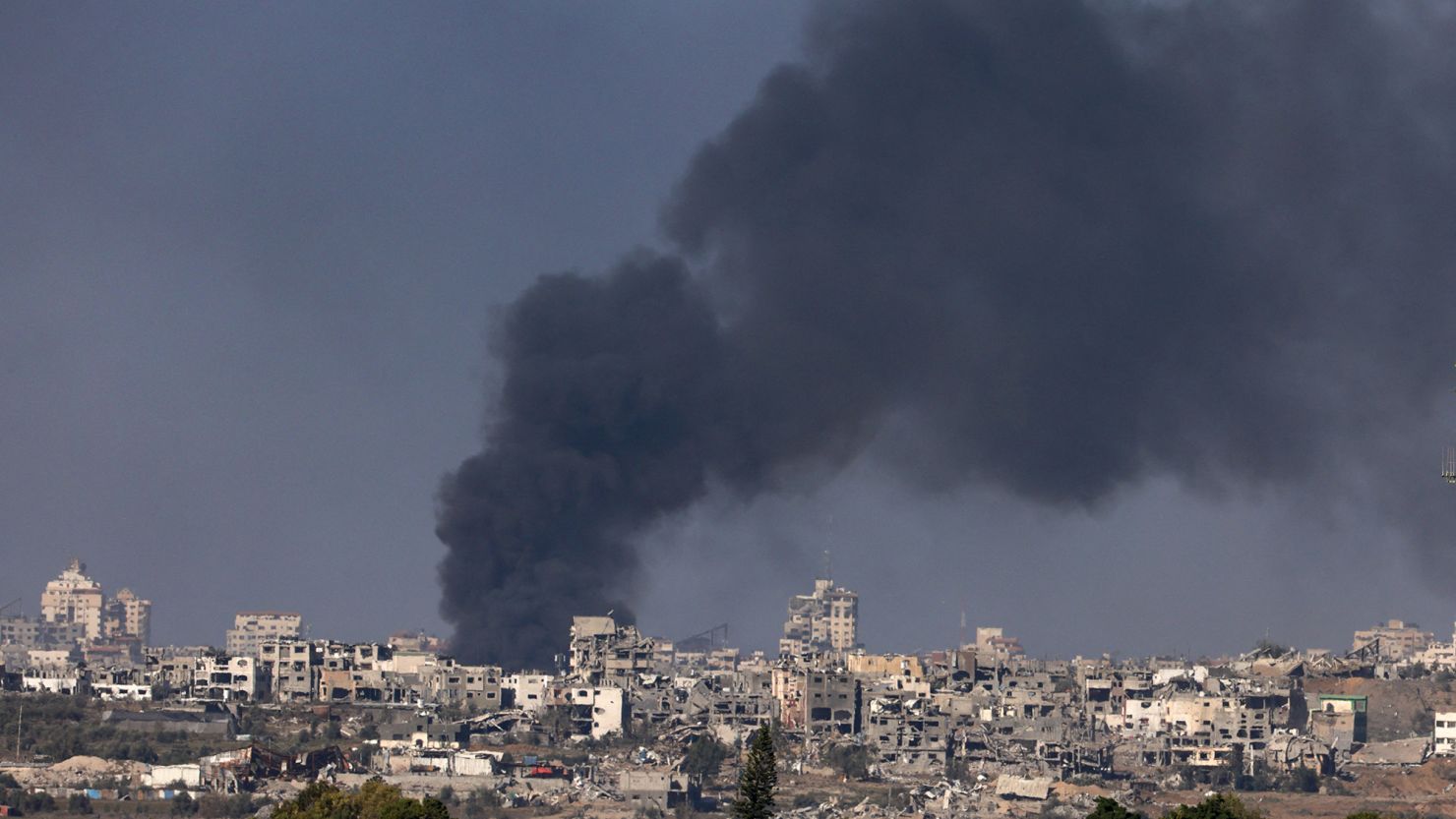Introduction
Two months have passed since the Israel-Palestine conflict broke out, sending Gaza into a terrifying humanitarian crisis. Since October 9th, Israel has enforced a complete embargo on Gaza, resulting in a grave situation. The already vulnerable population’s suffering has been exacerbated by the extreme shortages of food, medicine, water, and energy that have resulted from this.
The Human Cost:
Gaza’s civilian population is suffering greatly. There have been reports of over 2,800 Palestinian civilian deaths, with entire neighbourhoods reduced to ruins. Many thousands of people are still buried under the rubble and are taking refuge in overcrowded hospitals and schools. Humanitarian help is desperately needed in Gaza, as the United Nations agency UNRWA has declared an unprecedented human tragedy there.
Medical situation
Hospitals are struggling with resource shortages, including water and electricity. Mehmood Matar and other surgeons discuss the tremendous obstacles they encounter and stress the vital need for resources in order to save lives. The lives of dialysis and intensive care unit patients are at risk when the gasoline runs out.
Gaza: A Prison With A Dense Population
Gaza is one of the world’s most densely populated areas, with 2.3 million people living on a 365 km² narrow sliver of territory. Living conditions were appalling and inhabitants were constantly under Israeli monitoring even prior to the fighting. Children make up the majority of the population, which exacerbates the human tragedy since estimates suggest that women and children account for 60% of the casualties.
Escalating Crisis and Forced Evacuations:
Israel’s demand for the evacuation of the northern Gaza Strip, which resulted in the displacement of about 600,000 people, escalated the conflict. Concerns were voiced by UNRWA regarding the safety of vulnerable populations, such as elderly people, children, and pregnant women, who find it difficult to flee amidst the chaos. The humanitarian crisis is made worse by the targeting of shelters and hospitals.
International Reaction and Regional Escalation:
Israel’s actions have been denounced by the international community, with the foreign minister of Norway finding the complete blockade intolerable. Humanitarian aid into Gaza has been demanded by the UN Secretary-General, who has emphasised that Hamas must release Israeli hostages unconditionally.
Hezbollah poses a serious threat as tensions in the region rise amid reports of clashes between Israel and Lebanon. There is a threat of a ground invasion, which could have negative effects on the already vulnerable area.Political Intrigue and Public Outcry:
Amidst the crisis, attention turns to Israel’s internal politics. Prime Minister Benjamin Netanyahu faces corruption charges and accusations of fostering Hamas in the past. The Israeli public, disillusioned by the government’s handling of the conflict, expresses dissatisfaction through protests and plummeting approval ratings for Netanyahu.
Conclusion:
International Reaction and Regional Escalation: Israel’s actions have been denounced by the international community, with the foreign minister of Norway finding the complete blockade intolerable. Humanitarian aid into Gaza has been demanded by the UN Secretary-General, who has emphasised that Hamas must release Israeli hostages unconditionally.
Hezbollah poses a serious threat as tensions in the region rise amid reports of clashes between Israel and Lebanon. There is a threat of a ground invasion, which could have negative effects on the already vulnerable area.

 Cart is empty
Cart is empty 